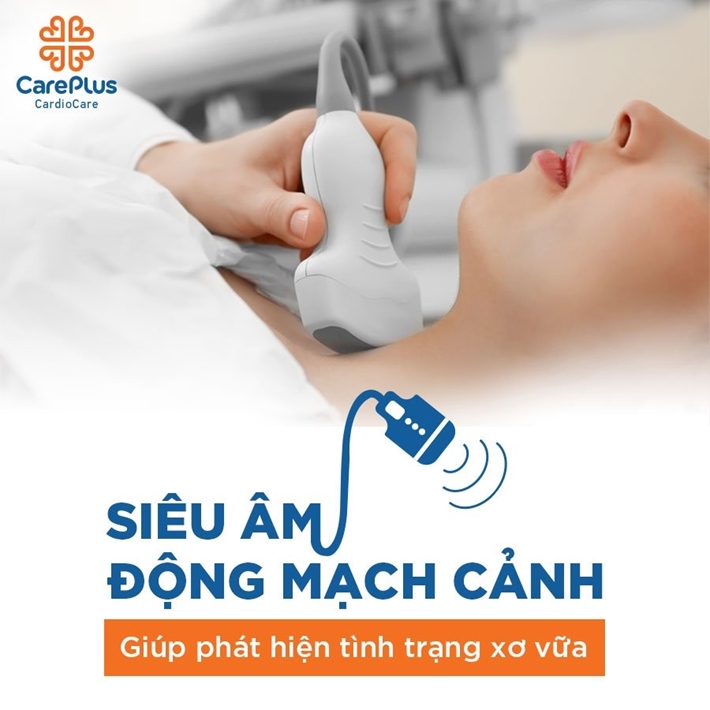Screening for atherosclerosis to prevent risk of stroke and heart attack
Stroke (also known as a cerebrovascular accident) is the leading cause of serious disability and the second leading cause of death globally. However, not everyone is at risk for stroke. The causes of stroke can be divided into two groups: the atherosclerotic group causing cerebrovascular occlusion and the cerebral hemorrhage group. While the group of cerebral hemorrhage only accounts for about 15% and is mainly due to congenital cerebrovascular malformations, most patients with atherosclerosis are 85%. Atherosclerosis occurs in any organ (heart, brain, kidney, extremities), that organ will be deprived of blood supply.

5/6/2021 11:12:24 PM
If atherosclerosis occurs, causing narrowing of the arteries that supply blood to the brain, at some point, the atherosclerotic plaque is sloughed off and completely blocked. An area of the brain suddenly has no blood supply will die. That is a stroke. Also, if plaque peeling occurs in the blood vessels supplying the heart, it is a complication of myocardial infarction. The heart suddenly has no blood supply, leading to cardiac arrest, also known as sudden death.
Atherosclerosis often develops long before the stroke - sudden death, so early detection of atherosclerosis, timely adjustment of risk factors such as hypertension, smoking, diabetes is the most effective stroke - sudden death screening.
Atherosclerosis affects the entire vascular system of the body. When atherosclerosis is detected in one site, it is possible to suspect that other areas may also have atherosclerosis. The heart and brain blood vessels are located deep and difficult to survey by conventional means. Atherosclerosis in the limbs often has symptoms such as numbness and pain. In contrast, most carotid atherosclerosis (the blood vessels in the neck that supply blood to the brain) often have no symptoms. An estimated 10-20% of stroke patients are associated with carotid stenosis.